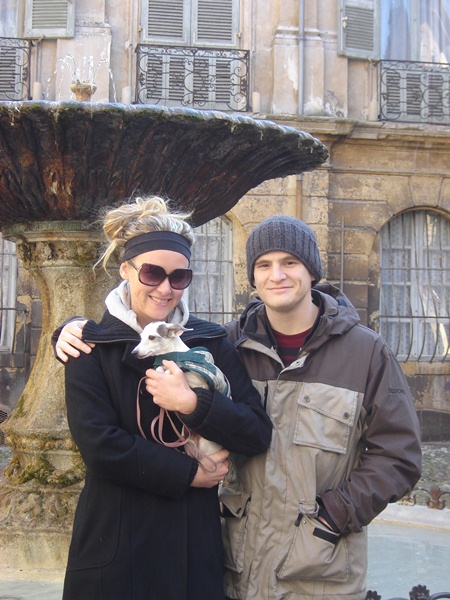This is a terrible way to start an article, but it gets better fast. It was years ago and I had a form of Streptococcus that made my ear drain puss constantly. The doctor gave me antibiotics and told me in 10 days it would be cleared up. Moreover, the doc didn’t give me much hope that my hearing would return. I went home, took one of the pills, and went to bed. In the morning I wanted to go to church, so I did, but stayed away from other people by sitting in the far pew and not talking to anyone. During the service, we sang a hymn with these words written by religious leader Mary Baker Eddy, “Thou wilt bind the stubborn will, Wound the callous breast, Make self-righteousness be still, Break earth’s stupid rest. Strangers on a barren shore, Lab’ring long and lone. We would enter by the door, And Thou know’st Thine own. So, when day grows dark and cold, Tear or triumph harms, Lead Thy lambkins to the fold, Take them in Thine arms.” During the singing I noticed that my infected ear stopped producing puss. Instantly. The cloth I’d been using to wipe my ear was no longer needed, ever again. I didn’t need any more antibiotics and within two weeks normal hearing returned.
Was I impressed? You bet. To this day, I can be filled with formidable, fierce emotions recalling that church service. While singing those words, my thoughts were humbled, I felt one with Love, God, and the world was quiet. I realized—in mind and body—that Spirit ruled over the flesh.
Oh sure, the world and flesh got loud again and the first thing it did was try to make me want to keep the fierce emotions alive. But how? Do I adore the words to that song? Do I tell everyone else they will be healed by going to church? No. To invest my time and energy in human emotions is conducive only to diminishing returns.
The dictionary definition for emotion is a natural state of mind—including joy, boredom, anger, love, hate, horror, stoicism, piety, etc. But, the human emotions are not very reliable. In fact, they seem to get us into more trouble than not. Relationships riveted on emotionalism are shaky. Emotional eating is a racket. Emotional religiosity leads to divisiveness. And, emotional healing is not dependable. No matter how terribly enormously bad we want to heal a situation, sometimes it just doesn’t happen. So, what do I do about it?
Learn from someone with a better track record. One person is Christ Jesus.
Interestingly, Christ Jesus got rather emotional after finding out one of his best buddies, Lazarus, had died. But reading further, it appears as though Jesus shook the weepy emotion long enough to remind everyone around him that the point of his actions isn’t to appease an emotion but to see the glory of God, Life.
Jesus prayed before raising Lazarus from the dead. (John 11)
Ironically, throughout the Gospels, Jesus was described as angry, weary, creative, patient, pointed, but his emotions didn’t overshadow his acute consciousness of God has life itself, love, presence, and substance. Therefore, coinciding with my healed ear, I’ve concluded we do have the ability, not to try to be emotionless, but to set the emotions aside long enough to wrap ourselves up in the consciousness and reality of divine Spirit–healthy, whole, and purposeful.

